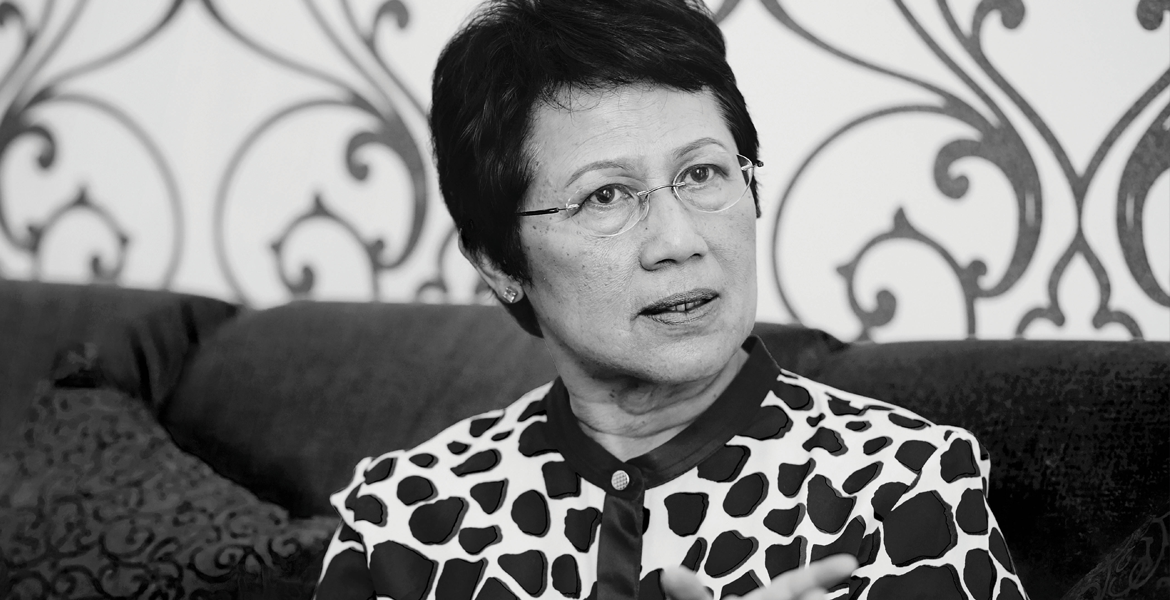
As can be inferred by the many titles Prof. Emerita Tan Sri Dr. Sharifah Hapsah Syed Hasan Shahabudin has to her name, she is one who has achieved much professionally. And these don’t include her postgraduate qualifications, including a master’s and doctorate. Yet Prof. Emerita Dr. Sharifah Hapsah is surprisingly dismissive when talking about her accomplishments. The younger generation will never know what it is like to be a pioneer, I say, referring to her appointment as the first female vice-chancellor of Universiti Kebangsaan Malaysia (UKM).
“They can achieve other things,” she tells me matter-of-factly.
Prof. Emerita Dr. Sharifah Hapsah assumed the position of VC at UKM in 2006, a year that saw two women ascend to the position of VC for the first time. The other was Tan Sri Rafiah Salim who became the VC of Universiti Malaya (UM).
Prior to that, she held the office of chairperson and CEO of the State Accreditation Agency (LAN), overseeing the charter of the Malaysian Qualifications Agency (MQA). In addition, she was the President of the National Council of Women’s Organisations (NCWO) from 2014-2016.
And yet, it apparently wasn’t ambition that was the driving force behind her achieving these positions. Instead, she attributes it to the deceptively simplistic attribute of striving for the best in whatever that you do. “Not position,” she says when I asked what motivated her in her early years, “but I wanted to be the best.”
That coupled with the fact that she was single-minded in her decisions is what she attributes to her many credentials.“ Once you have made the decision to do something, you must go forward with focus and determination along that path,” she says in a forthright manner.
You cannot make a decision, then become unsure. Then you have to turn back and then you can’t go very far.
Prof. Emerita Dr. Sharifah Hapsah
Professor got her first test early on when she was still a student. Prior to going to university, the prospect of studying law proved to be quite appealing. But being placed in the science stream meant that medicine became the natural choice.
“When you meet certain grades, things are more or less decided for you and for me it was medicine,” she explains. “When you enter medical school, you must make the choice that you must graduate well and do your best.”
“It was a big thing in those days,” she says. “It was a class of very competitive people. You have to work hard and discipline yourself to really be in the top 10 percent of the class.”
Disciplined she was. As a student, her evenings were not spent watching TV but in the library organising her notes. There was also an element of competitiveness that was expressed playfully.
“My friends and I used to have these games where we would try to outdo each other over afternoon tea,” she says with a laugh. “We would ask each other very detailed questions like ‘name the layers of the retina’, but it means you have to study to know.” For the academic, knowledge is key and it is something that she continued to amass as life progressed.
Once Professor embarked on her medical career, she was soon faced with making another decision that would alter her path. Practising medicine didn’t seem to be all that engaging for her. Added to that was the fact that her newly born son needed her at the time. As a result, Prof. Dr. Sharifah Hapsah decided to move to academia and pursue a non-clinical course instead, despite having already enrolled to do the MRCP.
“I became a lecturer in Physiology but again when you do that you still have to do your best, you cannot do it half-heartedly,” she says. “When I started teaching, I began to wonder what was the best way to do it. That is when I got interested in medical education.”
Once the decision had been made, Dr. Sharifah Hapsah delved into the subject matter obtaining her Master’s degree in Medical Education before pursuing her PhD.
“To go far in anything you must have mastery of knowledge,” she stresses. “Once you have gone in one direction, you must continue to add value to what you are doing. In medical education, I became interested in quality.”
Quality education, she says, is very important because it focuses on the idea of teachers doing their best for students. In medicine, she adds, this is essential.
Dr. Sharifah Hapsah then went on to study quality assurance systems from various countries – Australia, New Zealand, the UK and the US. Knowledge of those systems was then used to develop the MQA and from there, came the appointment as VC of UKM.
News that she would be assuming the position was greeted with much enthusiasm, seen as a significant step towards gender equality. Dr. Sharifah Hapsah, however, is pretty nonchalant about it. In fact, her immediate reaction at the time was to ask for a postponement as the MQA bill was about to be presented in Parliament.
As VC, gender was never an issue, coming into play only to ensure that the 30 percent gender target for management should be met.
“I went beyond that,” she says. “It is not based on gender as such but on merit. And I discovered that based on merit, I can go beyond 30 percent. I had two female deputy VCs, that is 50 percent.”
As VC, Dr. Sharifah Hapsah is credited with taking UKM to an international level, developing a transformation programme for the university, introducing the commercialisation of research and initiating innovative programmes for human capital development. During her tenure there was also a strengthening of community engagements.
“My job was to bring everyone together and push them in one direction. That is the goal we wanted for UKM,” she says. “If we agreed on that goal, then my job was to prepare the governance and the facilities and infrastructure that would support it. We must be known internationally. That is the highest in academia.”
Symbolism was used to communicate this idea. The seagull was used to depict the university soaring upwards.
“It is not a bird of prey and flies far–fly high and fly far. We used a lot of metaphors to make people understand what we are doing.”
Dr. Sharifah Hapsah also shifted her attention towards child development, working to develop the Permata programme.
Aside from that, there is also the NCWO, in which Professor has played a significant part. The organisation is now in the midst of organising things at a state level to ensure that there is a solid umbrella body to communicate and receive feedback as well as to understand what women are thinking at the ground level.
“There are a lot of good policies and projects that women on the ground don’t even know about.”
To the younger women of today, Dr. Sharifah Hapsah reminds that it is important to remember that previous generations of women paved the way for them.
“Sometimes they forget older women fought for them, but you have to continue that struggle. The struggle is not over, especially when there are groups that try to pull women back,” she says. “If we are not careful, you can be pulled backwards by these kinds of forces. The first victims will always be women and children.”




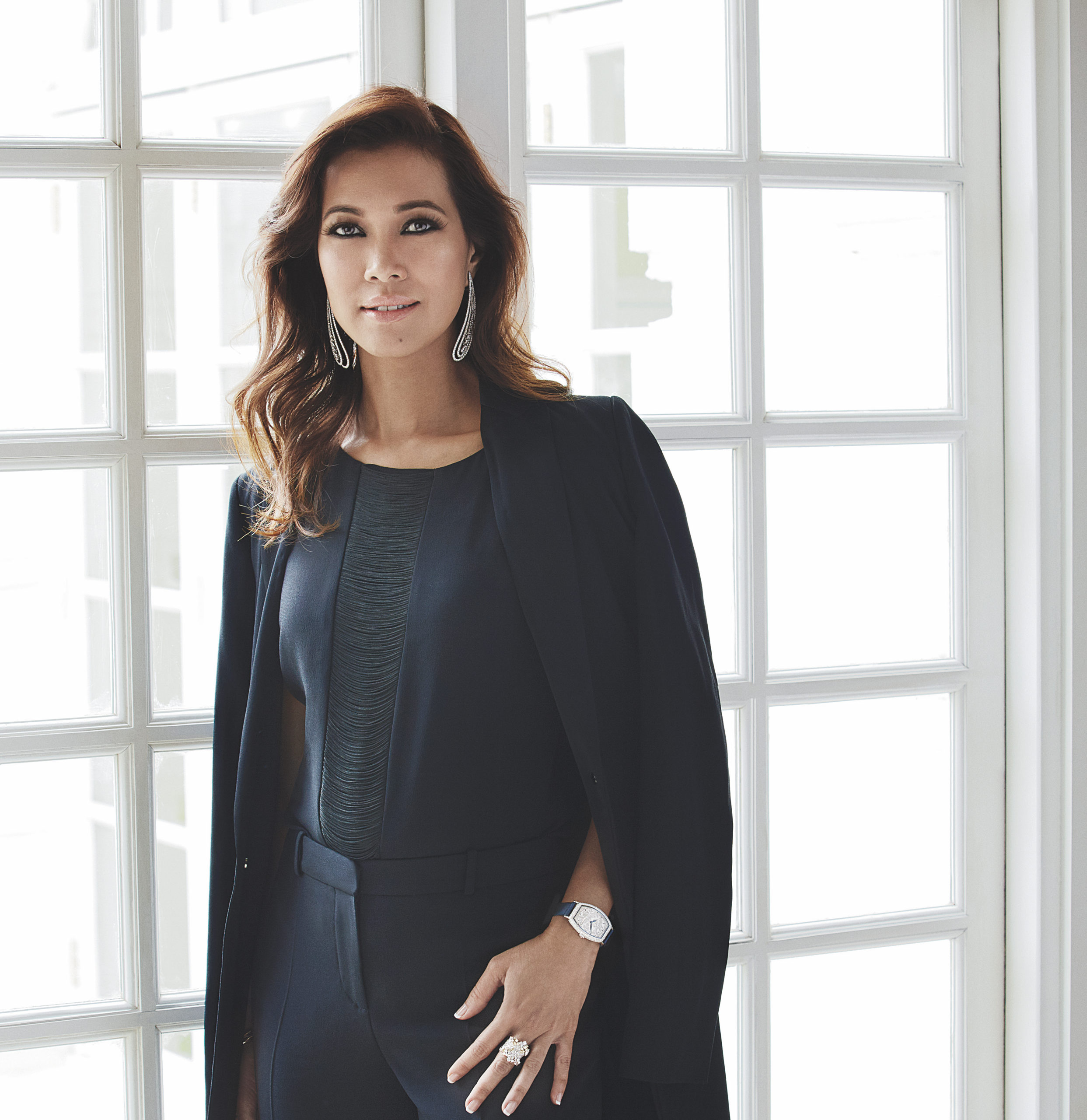


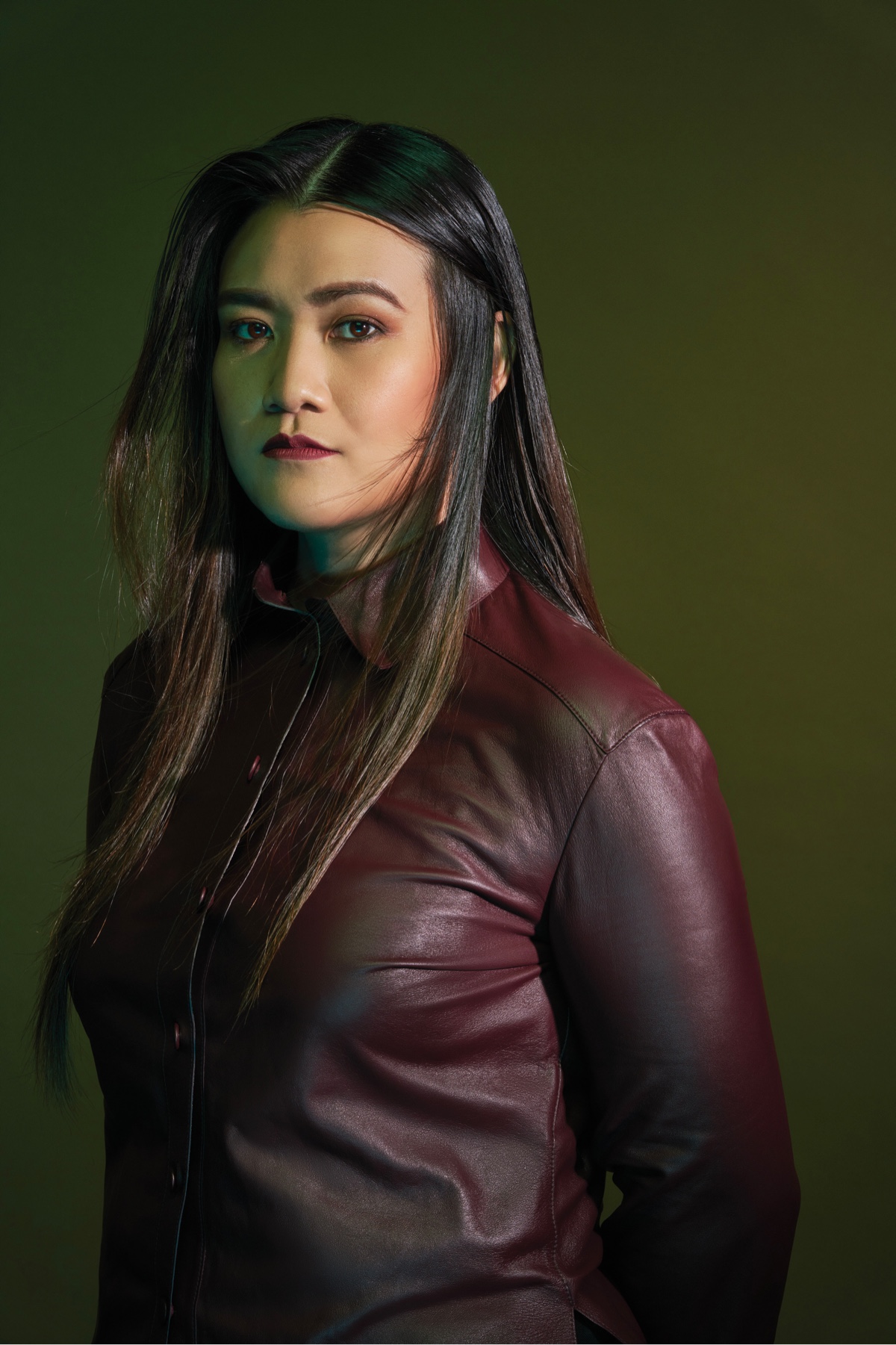


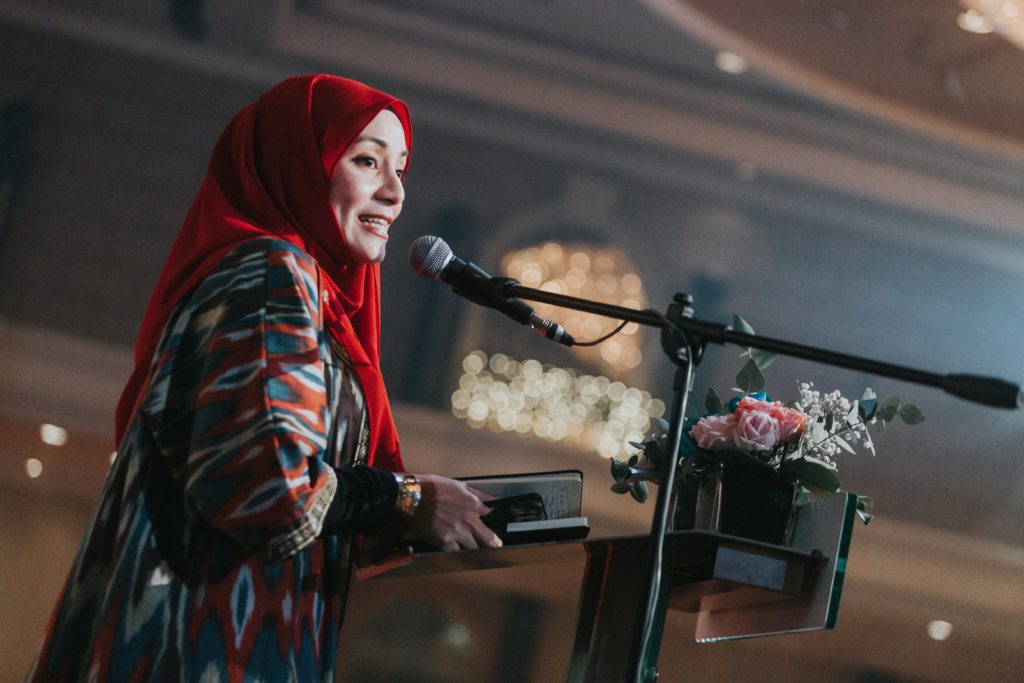
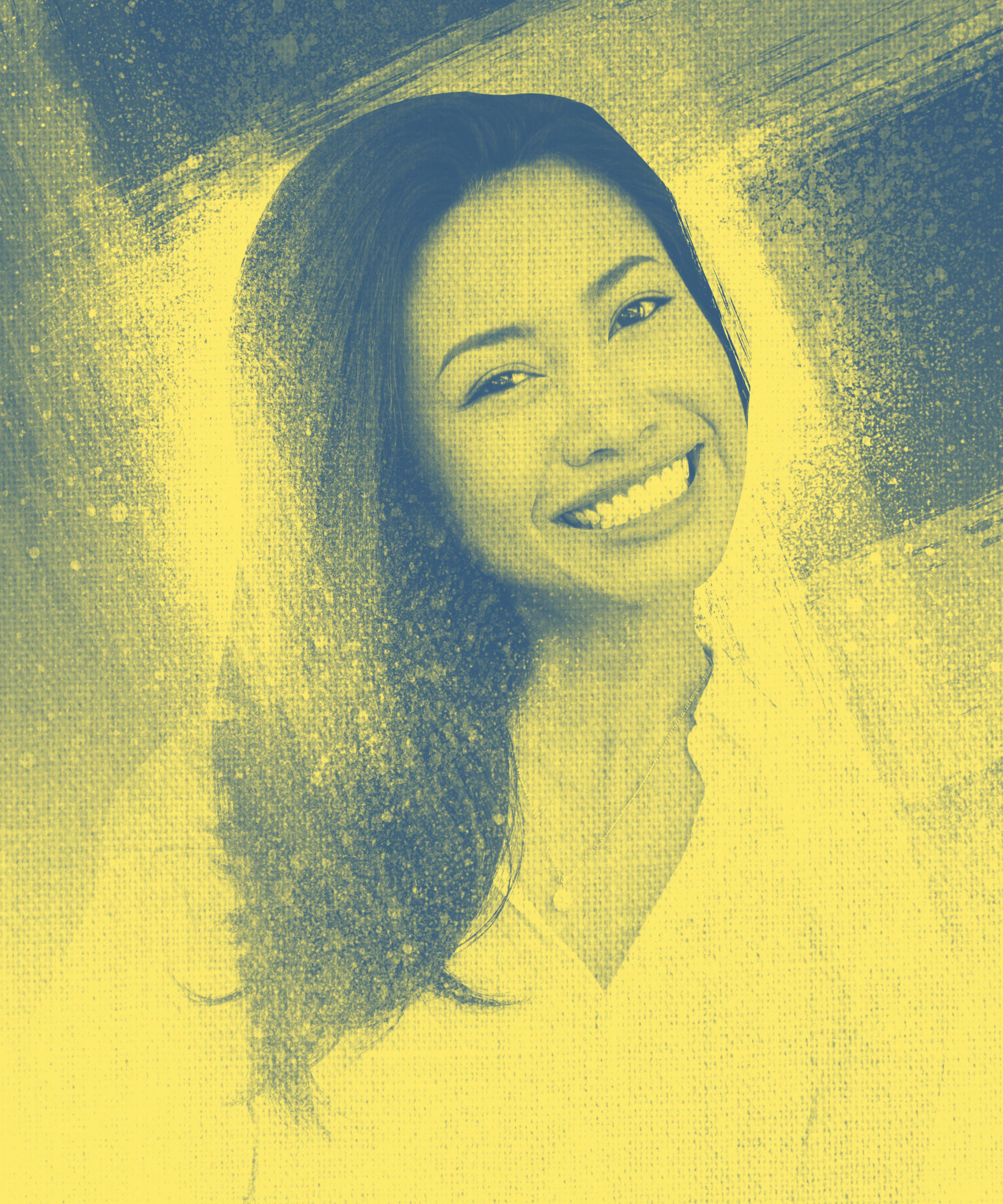


Recent Comments